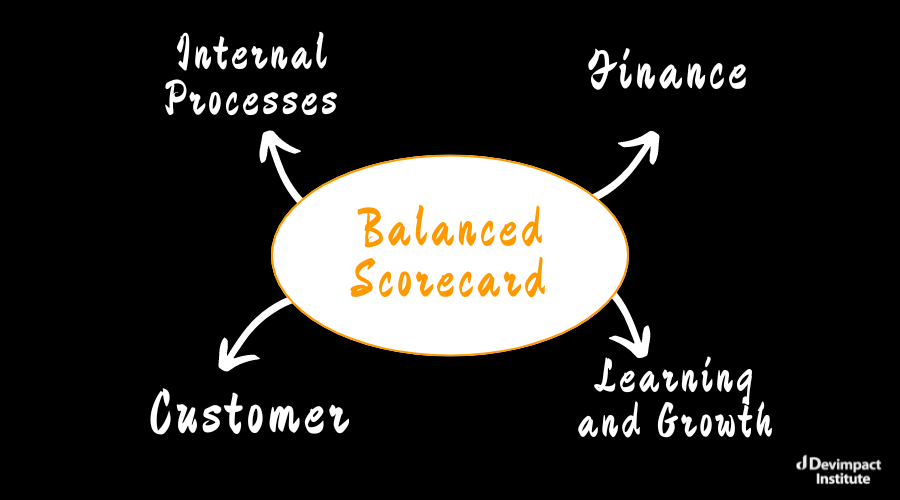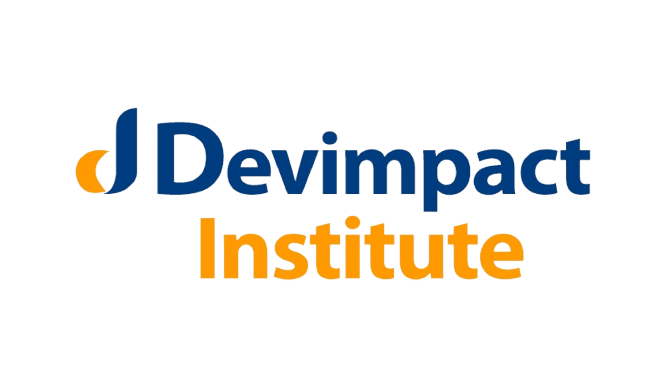
Training on Balance Scorecard
In today’s dynamic business environment, organizations need robust frameworks to measure and manage performance effectively. The Balanced Scorecard (BSC), introduced by Robert Kaplan and David Norton in the early 1990s, has emerged as a comprehensive tool that goes beyond traditional financial metrics to incorporate broader aspects of organizational performance.
Unlike traditional systems, the Balanced Scorecard provides a balanced view by integrating financial and non-financial performance measures. This holistic approach ensures that all critical aspects of an organization’s performance are monitored and managed.
Training on Balance Scorecard is designed for participants to understand the fundamental concepts of the balanced scorecard and why it is gaining so much attention in corporate, non-profit, and governmental organizations. It will provide participants with the tools they need to build, implement, and sustain a balanced scorecard planning and management system in their organization.
Target Participants
Training on Balance Scorecard course is recommended for executives, managers, planners, department heads, business analysts and consultants who are part of a balanced scorecard development team, and are seeking the best practical ideas for improving organizational performance.
What You Will Learn
By the end of this course the participants will be able to:
- Understanding the principles and components of the Balanced Scorecard
- Learning how to develop a Balanced Scorecard tailored to an organization’s unique needs
- Gaining practical insights into the implementation and management of a Balanced Scorecard
- Exploring real-world examples and case studies to understand best practices and common challenges
- Leveraging technology and tools to enhance Balanced Scorecard effectiveness
Course Duration
Online 7 Days
Classroom – Based 5 Day
Introduction to Balanced Scorecard
- Understanding Performance Management
- Definition and history of the Balanced Scorecard
- Key components and perspectives
- Benefits and challenges
The Four Perspectives of the Balanced Scorecard
- Financial Perspective
- Customer Perspective
- Internal Process Perspective
- Learning and Growth Perspective
Developing a Balanced Scorecard
- Aligning the Balanced Scorecard with organizational vision and strategy
- Translating strategy into actionable objectives
- Setting Objectives and Targets
- Selecting Key Performance Indicators (KPIs)
Implementing the Balanced Scorecard
- Communicating the Balanced Scorecard to stakeholders
- Strategies for overcoming resistance to change
- Linking the Balanced Scorecard to budgeting and planning
- Using the Balanced Scorecard for performance reviews and rewards
Monitoring and Evaluating Performance
- Methods for collecting and analyzing performance data
- Tools and software for Balanced Scorecard management
- Using performance data for continuous improvement
- Case studies of successful Balanced Scorecard implementations
Advanced Techniques in Performance Management
- Advanced Techniques in Performance Management
- The role of technology in Balanced Scorecard implementation
- Software solutions and digital tools
- Global and Cultural Considerations
Balanced Scorecard and Strategic Management
- Strategic Alignment
- Linking Strategy and Operations
- Strategy Execution and Performance
Common Pitfalls in a Balanced Scorecard
- Lack of Clear Strategy
- Overemphasis on Financial Metrics
- Inconsistent Use of the Scorecard
- Lack of Follow-Up and Review

